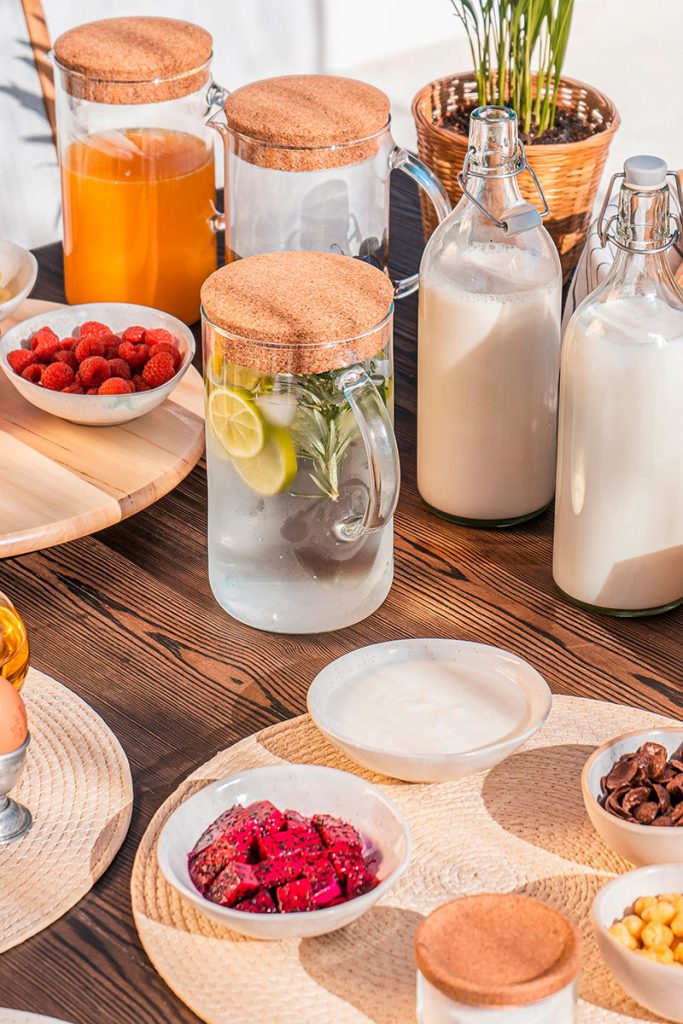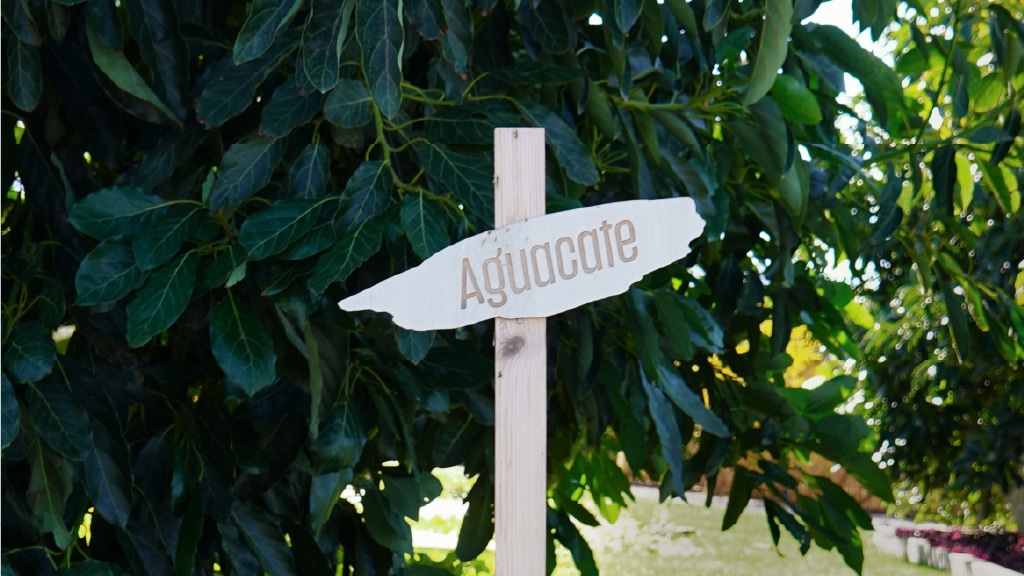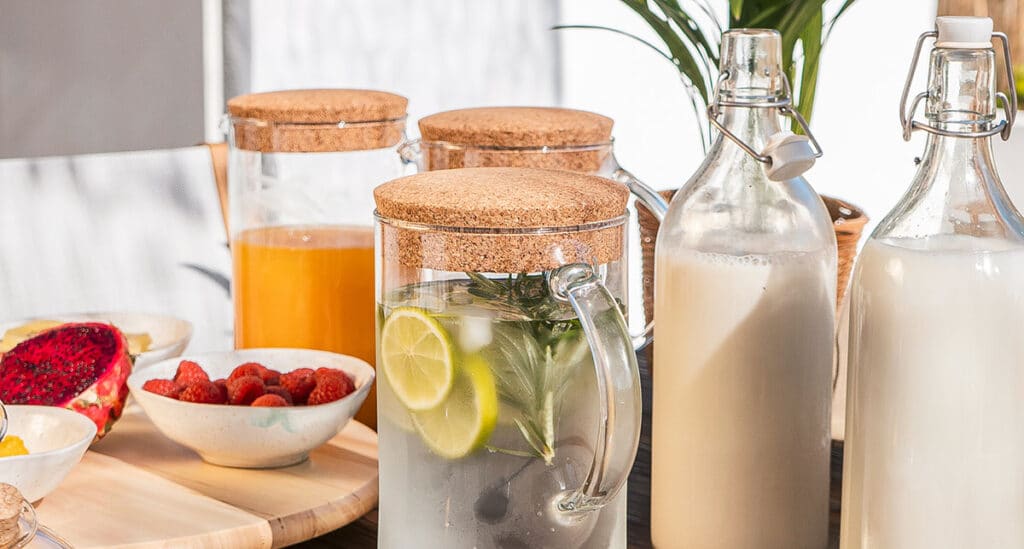There are plenty of methods and tips to turn your kitchen into a sustainable and environmentally friendly space. The truth is that it is not as complicated as it seems. In this post we are going to give you a series of tips from our private chef in Granada that you can implement in your day to day life to be more sustainable when it comes to cooking.
What does it mean to be sustainable in the kitchen?
Being sustainable is basically reducing the carbon footprint that we generate individually in our home, specifically in the kitchen, one of the most polluting spaces in a house.
To be sustainable it is not necessary to apply many methods or guidelines at once, the thing is to start with a couple and implement them in your routine. In this way, we will be able to gradually reduce this problem.
1. Buy seasonal fruits and vegetables
Due to the fast pace of our lives, sometimes it is difficult to do the groceries in the greengrocers, so we decide to go to supermarkets and don’t really think much about what we put in our trolley. However, this little tip can be a very significant gesture for the environment.
In this season (winter) the following fruits and vegetables are consumed:
- Fruit: avocado, khaki, kiwi, lemon, orange and grapefruit.
- Vegetables: chard, celery, broccoli, spinach, turnip, carrot, artichoke, leek and cauliflower.
The above selection is a small example, we encourage you to complete your list with many others.
At our Finca, we have a garden where we harvest products we use every day in our kitchen, such as avocado, aromatic herbs, mango, lemon and so on.

2. Consume local produce
On the Costa Tropical and Costa del Sol we have a large number of markets where we can find fish, seafood and meat of the best quality standards. Our private chef in Granada also states that supporting local commerce is key at the moment.
Specifically in Motril, products such as octopus, shrimp, avocado and mango are the most outstanding in the area. You can also see them in many of our culinary creations.
3. Don’t buy excesively
Big purchases to save time during the week often lead to a waste of produce. Either we forget what we have in the fridge or we don’t have time to use it before it expires. That is why it is preferable to buy fresh and in smaller quantities than to buy huge amounts of food that ends up going to waste.
The same goes for food portions, add as much food to your plate as you think you can eat, because most of the time we tend to serve ourselves a big plate of food and half of it ends up in the trash.
4. If possible, have a small vegetable garden
If you live in a flat, having aromatic plants is a very good option. As well as being very decorative, they are easy to maintain and very useful when it comes to adding the finishing touch to many of your dishes. In fact, this is one of the most used product our private chef in Granada gets from the garden.
Nowadays we can find many options for setting up a vegetable garden at home, such as, for example, vertical gardens.
We hope these tips have been helpful and that you will implement some of them in your daily life.

